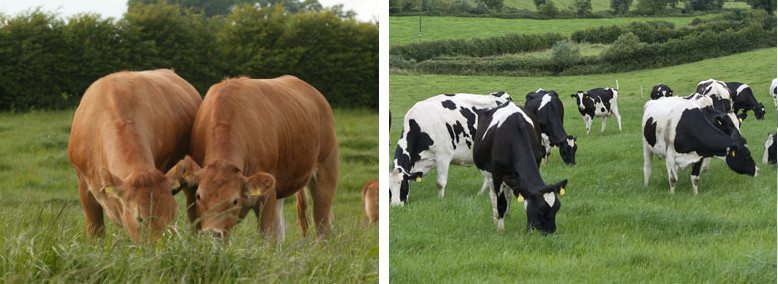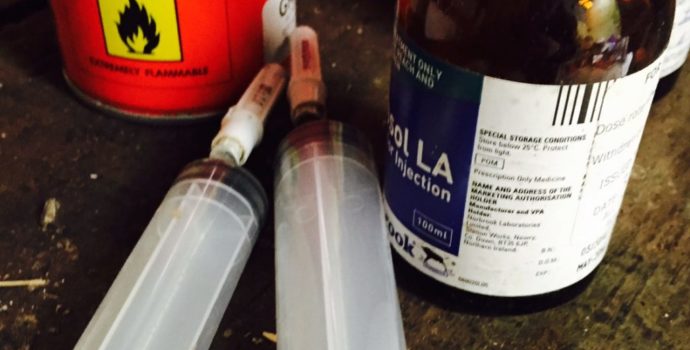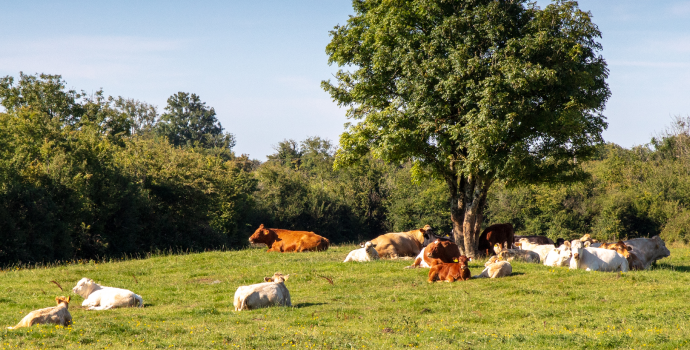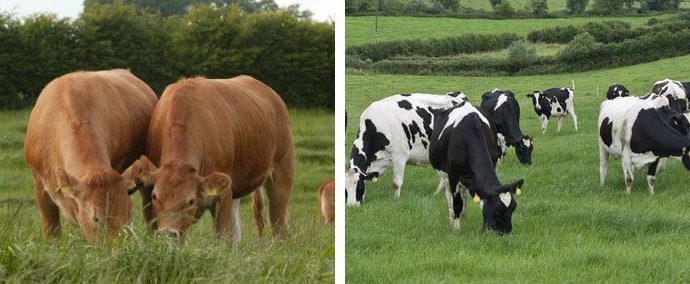Update on TB Programme Negotiations

IFA Animal Health Chairman TJ Maher said that progress is being made on the TB programme that will reduce the cost burden on farmers and expedite eradication of the disease. However, agreement on financing has yet to be reached in the TB Finance Working Group.
One of the most substantive issues relates to the EU Animal Health Law requirement for pre/post movement testing for all animals that have not been tested in the previous six months and moving from herds that are over six months since a TB test.
A compromise has been arrived at where the requirement for a pre/post movement test will only apply to cows and male animals over 36 months of age that are over six months tested and moving from herds that are over six months since a TB test.
With 2.6m animals over six weeks of age moving through marts or from farm to farm each year, this compromise reduces the numbers of animals that may require a test to just over 170k, based on the most recent analysis by the Department of Agriculture.
“The core issue to be resolved is who pays for these tests. IFA has been clear that farmers will not pay for this additional testing requirement. Farmers pay for one herd test a year and at no shorter interval than 10 months. All other legislatively required testing must be paid for by the Department of Agriculture and this remains our position,” he said.
IFA has called for a doubling of resources in the Wildlife Control Programme and more effective implementation of the programme on the ground. Progress has been made in this area over the past two years.
A key tenet of the TB programme is the levels of support available to farmers impacted by controls and this has been a critical aspect of IFA policy for the duration of the TB Forum process.
TJ Maher said farmers who lose animals in a TB breakdown are now allowed replace those animals subject to the completion of a Risk Management Plan while also retaining their compensation entitlements.
Despite the facilitation to purchase in, there will be farmers unable to do so and who will be exposed to income loss on their farms. IFA has sought an increase in these rates to reflect the actual levels of income loss associated.
He said DAFM have put forward proposals for higher rates in the income supplement and depopulation grant schemes, eligibility commencing on the date of restriction and payment for partial months of the restriction are also important issues.
These rates must be based on an agreed methodology that establishes the actual level of loss incurred.
IFA have also sought significant changes to the Hardship Grant scheme to offset the costs of maintaining extra animals, including higher rates and the removal of the off-farm income impediment to eligibility in the scheme. DAFM propose paying the scheme from date of restriction in the eligibility period and increasing the rates for the three categories of animals, dairy cows, suckler cows and other animals to better reflect the cost of maintaining these animals over the winter. The removal of the off-farm income impediment to eligibility for this scheme will be important.
TJ Maher said contract rearing is now recognised in TB programme and movements to and from breeding and rearing farms are facilitated in TB breakdowns with live valuation and income supplement compensation entitlements maintained for the herd and animals.
The IFA Chairman said while discussions are at an early stage on some of these issues and some are subject to DPER approval, the Department have proposed the additional expenditure incurred in the programme due to the enhancements to the compensation schemes for farmers be recouped retrospectively through the Bovine Disease Levy system from farmers.
IFA is prepared to consider the proposals put forward by DAFM on the basis that the Department of Agriculture pay for the new EU required 30-day pre/post movement test and provide the additional financial resources required to implement an effective Wildlife Control Programme throughout the country.
“Increasing our contribution to the programme will be on the strict understanding any additional monies contributed by farmers will be used solely for the purpose of increased income supports for farmers impacted by TB controls on their farms,” he said.
TJ Maher said the objective must be to eradicate TB in the shortest feasible timeframe while minimising the impact of controls on farmers and their families. These proposals seek to address some of these issues and IFA will be advancing discussions on these with the Department of Agriculture over the coming weeks.



